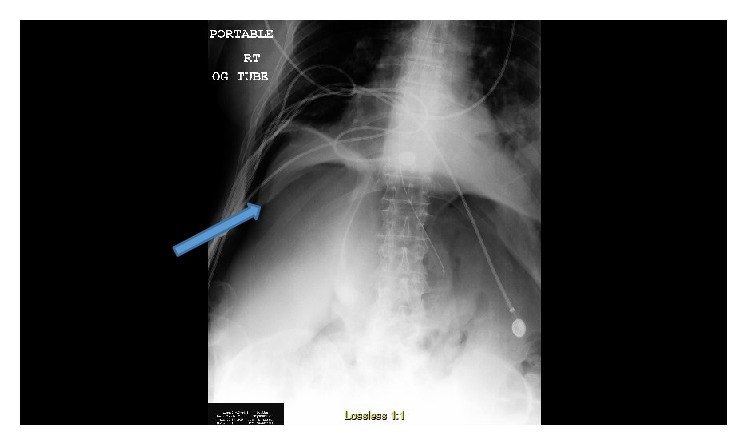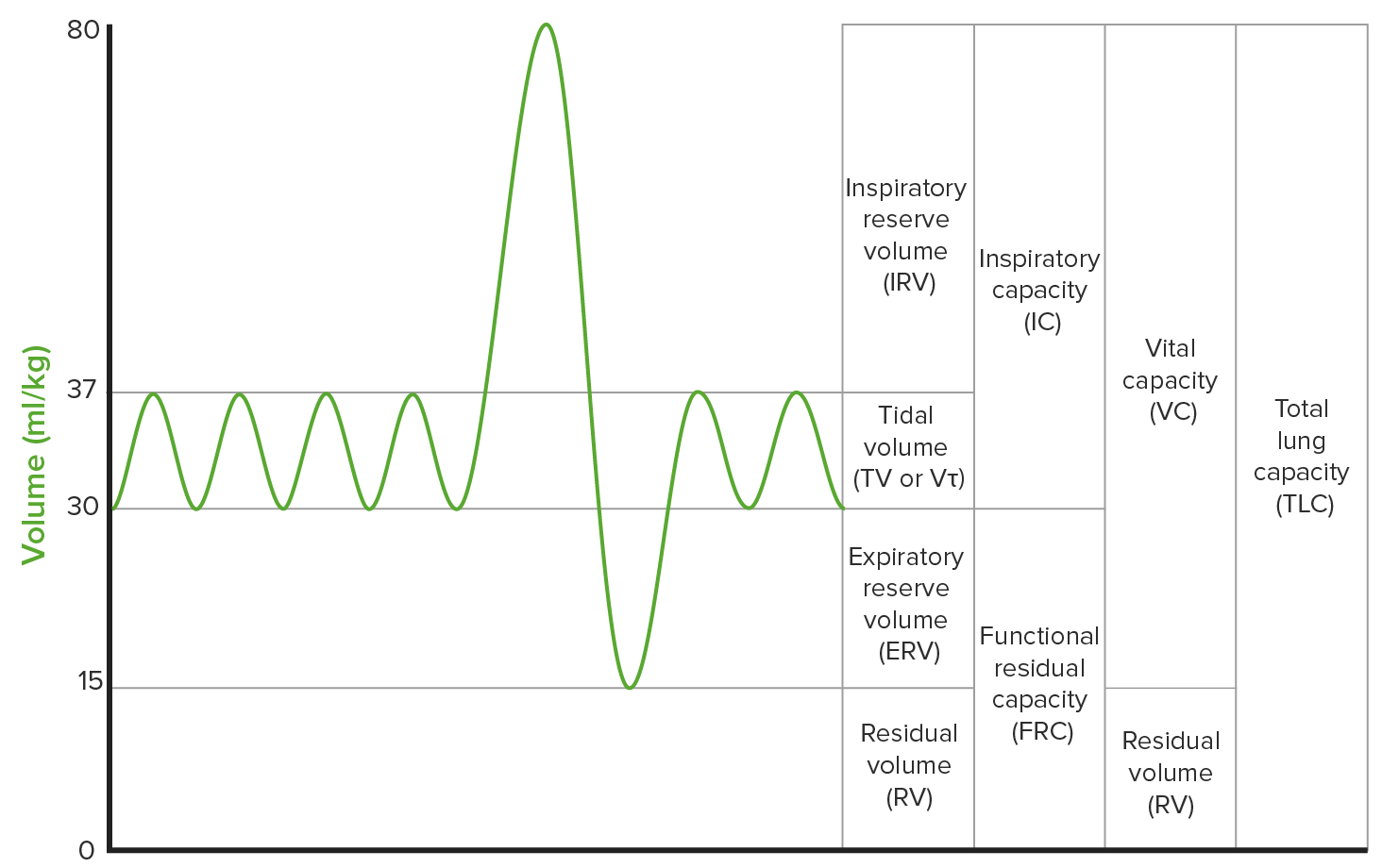Playlist
Show Playlist
Hide Playlist
Chronic Obstructive Pulmonary Disease (COPD): Complications and Associations
-
Slides 04 COPD RespiratoryAdvanced.pdf
-
Download Lecture Overview
00:01 So, complications and associations of COPD. Well, bear in mind that somebody with COPD has smoked, and therefore they are at risks of all other smoking related disease and that means that they could have cardiovascular disease, bladder disease, esophageal disease and peripheral vascular disease. All these other issues that may be related to smoking. Associated with COPD by itself, weight loss and muscle wasting occurs in some patients and it's called respiratory cachexia. 00:31 Respiratory failure we discussed, it could be acute or chronic, type 1 or type 2. You do develop cor pulmonale with end stage respiratory failure and including those related to COPD. We discussed bullae and then bronchiectasis is also an overlap syndrome between COPD and bronchiectasis. 00:48 If you do a CT. scan on patients with severe COPD, about a quarter will have evidence of bronchiectasis and some of those patients will present with bronchiectatic type symptoms of chronic purulent phlegm production and recurrent infections affecting the lung. 01:02 Pneumothorax can occur in patients with COPD and pneumonia; they are at much increased risk to a free-fall compared to the normal population of developing pneumonia. 01:12 Lung cancer clearly is a very important overlap with smoking. If you smoke, you've got a high risk of lung cancer, if you smoke you have a high risk of COPD, but more than that, if you have smoked and have COPD, your risk of lung cancer is much more than if you have smoked and don't have COPD. Cardiovascular disease is probably the commonest cause of death in patients with COPD and should not be forgotten about. And of course, the disease itself, by making the patient unable to exercise to any significant degree, and that means walking to the shops for example, that leads to depression, anxiety and social isolation. 01:52 Right, briefly at the end, I'll discuss other causes of chronic irreversible airways obstruction. 01:57 So COPD is irreversible airways obstruction and most patients with irreversible airways obstruction in the West will have COPD. However, not all patients with irreversible airways obstruction will have COPD, there are a range of other causes. Chronic asthma, which I've discussed in the asthma lecture can lead to irreversible airways obstruction. Bronchiecstasis and cystic fibrosis both lead to airways obstruction and in cystic fibrosis, the mode of death is irreversible airways obstruction. Allergic bronchopulmonary aspergillosis which is a complication of asthma and bronchiectasis can also lead to irreversible airways obstruction. 02:36 Some instances of lung diseases are associated with mixed restrictive obstructive pathogens such as sarcoid and hypersensitivity pneumonitis where you get a degree of airways obstruction but they obviously have another disease the CT scan and chest X rays clearly shows they have interstitial lung disease, so that's not readily confused with COPD. 02:53 Recurrent aspirations thought to cause airways obstruction and as a range of autoimmune diseases that lead to obliteration of your bronchi and obliterative bronchiolitis which leads to small airways obstruction, and this is most commonly associated with rheumatoid arthritis, that can occur in other situations, after stem cell transplant, or lung transplantation for example. And then there are some drugs that can cause airways obstruction, penicillamine would be the best example. And we do know that previous infection can lead to airways obstruction so severe childhood viral infection can lead to chronic obstructive airways disease of some description and previous tuberculosis is often associated with chronic obstructive irreversible airways changes in the lung function testing.
About the Lecture
The lecture Chronic Obstructive Pulmonary Disease (COPD): Complications and Associations by Jeremy Brown, PhD, MRCP(UK), MBBS is from the course Airway Diseases.
Included Quiz Questions
COPD is a disease that is strongly associated with smoking, resulting in an increased risk that patients develop other smoking-related conditions. Which of the following conditions is NOT typically associated with COPD?
- Renal failure
- Pneumonia
- Cardiovascular disease
- Weight-loss or muscle wasting
- Lung cancer
When working up a patient for COPD, it becomes important to consider other diseases capable of causing similar irreversible airway obstruction. Which of the follow is NOT known to cause this condition?
- Influenza B
- Cystic fibrosis
- Chronic asthma
- Sarcoidosis
- Recurrent aspirations
Customer reviews
5,0 of 5 stars
| 5 Stars |
|
5 |
| 4 Stars |
|
0 |
| 3 Stars |
|
0 |
| 2 Stars |
|
0 |
| 1 Star |
|
0 |





